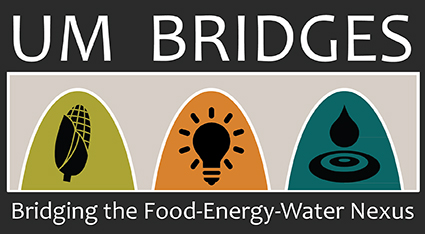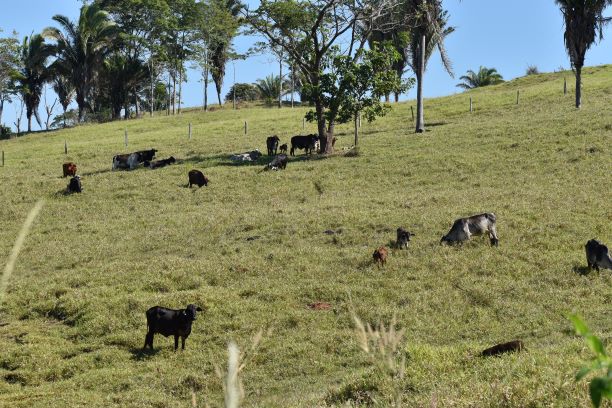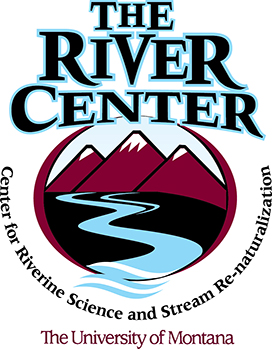
BRIDGES Trainee, Cassie Sevigny, Interns as Science Communicator
In my pursuit of a Master’s in Economics, I have taken a particular interest in environmental issues and how to effectively communicate the economic incentives that cause positive or negative behavioral patterns. One project that examines agricultural behaviors, as well as resulting feedback loops, is Connections between Water and Rural Production. The interdisciplinary research team is interested in how changes in water availability impact the land and resource decisions of small-scale farmers in the Brazilian Amazon and how their responses shape their welfare and the regional climate. Changes in regional climate may then influence future water availability, stimulating new resource decisions. In the summer of 2019 I accompanied Jill Caviglia-Harris, Katrina Mullan, Thais Ottoni, and other investigators in Rondônia, Brazil to document this project.
While in Rondônia I was able to interact with local students and farmers to gain cultural and historical context for local farming practices. When the state of Rondônia was established in the early 70’s, the Brazilian government provided plots of land to those who would move there and farm, similar to the Homestead Acts and philosophy of Manifest Destiny in the US. This ultimately led to the conventional farming methods most smallholders subscribe to, with deforestation as the standard for obtaining more pasture.
Additionally, families aspire to standards of living that Americans have enjoyed for decades. Increased income is spent on furniture, home appliances, stable groceries, new cars and electronics, and other material goods that make life more convenient or enjoyable. Farming with long-term, sustainability-focused goals conflicts with the economic growth mindset, as it can require short term sacrifices of pasture, investment of cash into infrastructure rather than material goods, and facing the bewilderment of one’s community.
Understanding the underlying expectations and habits of farmers can help promote compassion and problem-solving beyond blame and punishment, especially when considering topics as globally important as deforestation of the Amazon. This internship provided an opportunity to practice communicating the science and personal experiences behind this complex nexus topic through many means, including written stories, photography, social media, and the project’s website. The diversity of communication methods and disciplines involved improved my skill at interpreting and conveying scientific information to varying audiences. I will draw on this skill in my future as a writer.


